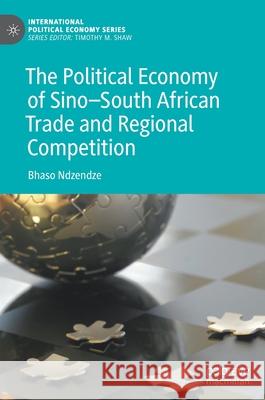The Political Economy of Sino-South African Trade and Regional Competition » książka
topmenu
The Political Economy of Sino-South African Trade and Regional Competition
ISBN-13: 9783030980757 / Angielski / Twarda / 2022 / 236 str.
The Political Economy of Sino-South African Trade and Regional Competition
ISBN-13: 9783030980757 / Angielski / Twarda / 2022 / 236 str.
cena 460,49 zł
(netto: 438,56 VAT: 5%)
Najniższa cena z 30 dni: 460,49 zł
(netto: 438,56 VAT: 5%)
Najniższa cena z 30 dni: 460,49 zł
Termin realizacji zamówienia:
ok. 20 dni roboczych
dostawa w 2025
ok. 20 dni roboczych
dostawa w 2025
Darmowa dostawa!
Kategorie BISAC:
Wydawca:
Palgrave MacMillan
Język:
Angielski
ISBN-13:
9783030980757
Rok wydania:
2022
Ilość stron:
236
Waga:
0.43 kg
Wymiary:
21.01 x 14.81 x 1.42
Oprawa:
Twarda
Wolumenów:
01
Dodatkowe informacje:
Wydanie ilustrowane











